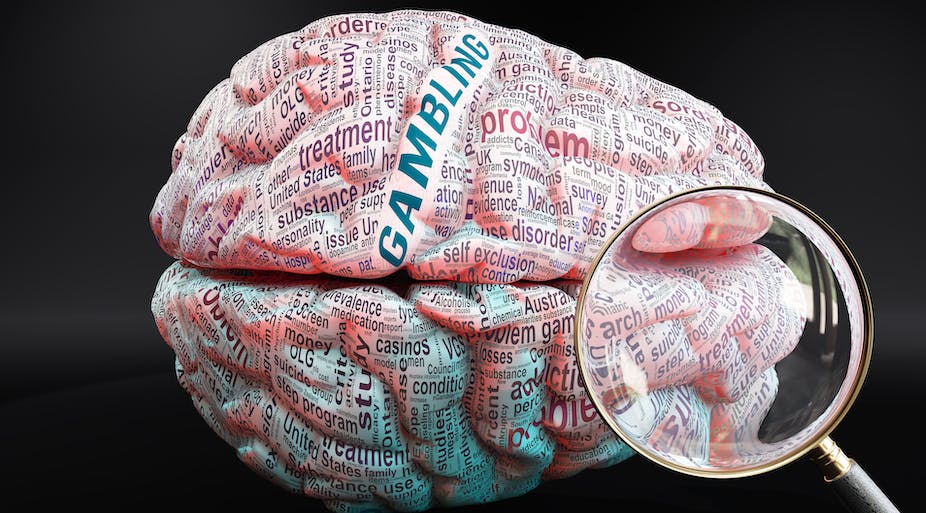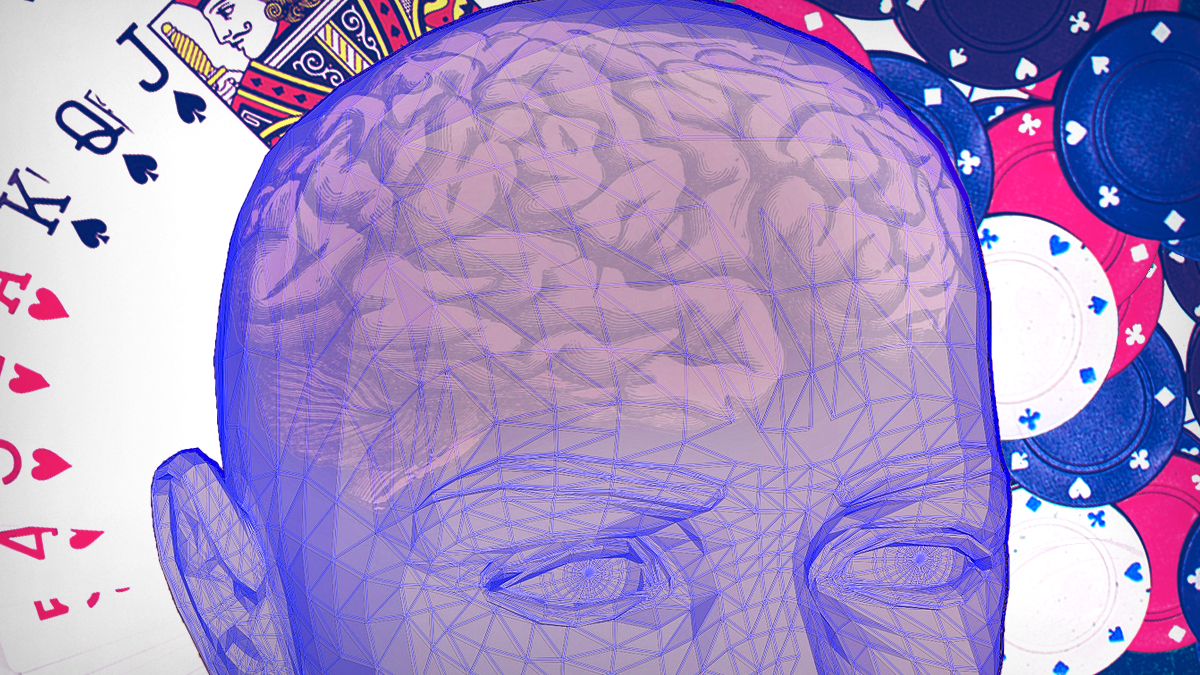In today’s fast-paced and interconnected world, gambling has become a widespread entertainment for many individuals. However, for some people, gambling can evolve from a recreational activity to a problematic behavior that negatively impacts their lives. If you’re considering quitting gambling or are curious about its effects on your brain, this article will provide valuable insights and information.
Understanding the Psychology of Gambling
Gambling activates various brain regions associated with pleasure, reward, and decision-making. The anticipation of winning, the rush of adrenaline, and the euphoric feeling experienced during a win can be incredibly enticing. These neurological responses are similar to those triggered by addictive substances, making gambling a potentially addictive behavior for susceptible individuals.
The Dopamine Connection
Dopamine, a neurotransmitter associated with pleasure and reward, plays a crucial role in the brain’s response to gambling. When you gamble, your brain releases dopamine, creating a pleasurable sensation. This reinforcement mechanism strengthens the association between gambling and pleasure, making it harder to resist the urge to gamble.
Withdrawal Symptoms and Brain Changes
When you stop gambling, your brain goes through a series of adjustments. Like individuals recovering from substance abuse, you may experience withdrawal symptoms, such as restlessness, irritability, and anxiety. These symptoms arise as your brain adapts to the absence of the dopamine surges it had become accustomed to during gambling sessions.
Research has shown that long-term gambling can lead to structural changes in the brain. These changes primarily affect the prefrontal cortex, which is responsible for decision-making and impulse control. Over time, excessive gambling can weaken the prefrontal cortex, making it more difficult to resist impulses and make sound judgments.
Emotional and Psychological Impact
Beyond the neurological aspects, quitting gambling can have significant emotional and psychological effects. For individuals who have developed a gambling addiction, the cessation of gambling can trigger feelings of sadness, frustration, and even depression. It’s important to acknowledge and address these emotions during the recovery process.
Moreover, quitting gambling often involves reevaluating personal values, financial habits, and social circles. This introspection and adjustment can be challenging but is essential for long-term recovery and a healthier lifestyle.

Positive Changes and Benefits
While quitting gambling may initially be challenging, it’s important to remember that it can lead to numerous positive changes and benefits. Here are some of the advantages individuals often experience after stopping gambling:
- Improved Financial Stability: Gambling addiction can cause significant financial strain. By quitting gambling, individuals can regain control over their finances and work towards stability and debt reduction.
- Enhanced Mental Well-being: Over time, quitting gambling can alleviate feelings of anxiety, guilt, and shame that often accompany addiction. As your brain adapts and regains balance, you may experience improved mental well-being and greater self-control.
- Strengthened Relationships: Excessive gambling can strain relationships with family and friends. By quitting gambling, individuals can focus on rebuilding and maintaining these connections, fostering healthier and more fulfilling interpersonal relationships.
- Increased Productivity: Gambling addiction can consume significant time and energy. When you stop gambling, you free up valuable resources that can be redirected toward pursuing personal goals, hobbies, and career advancement.
- Sense of Empowerment: Overcoming a gambling addiction requires immense strength and determination. By successfully quitting gambling, individuals can regain a sense of empowerment, boosting self-esteem and confidence in overcoming challenges.
Seeking Support and Professional Help
If you’re struggling with a gambling addiction or find it challenging to quit gambling alone, seeking support is crucial. Many resources and organizations offer If you’re working with a gambling addiction or find it difficult to stop gambling on your own, seeking support is vital. Many resources and organizations provide assistance to individuals facing gambling-related challenges. Here are some steps you can take to seek help and facilitate your recovery:
- Reach Out to Supportive Individuals: Share your struggle with trusted friends and family members who can provide emotional support and encouragement throughout your journey. Having a reliable support network can make a significant difference in your recovery process.
- Join Support Groups: Consider joining support groups specifically designed for individuals recovering from gambling addiction, such as Gamblers Anonymous. These groups provide a safe space to share experiences, receive guidance, and learn from others who have successfully overcome similar challenges.
- Therapy and Counseling: Engaging in therapy or counseling sessions with a qualified professional can be highly beneficial. Therapists can help you explore the underlying causes of your gambling addiction, develop coping mechanisms, and guide managing cravings and urges.
- Self-Help Resources: Educate yourself about gambling addiction by utilizing self-help resources, such as books, articles, and online forums. These resources can provide valuable insights, strategies, and tips for maintaining a gambling-free lifestyle.
- Financial Counseling: If you’re facing significant financial difficulties due to your gambling addiction, seeking the guidance of a financial counselor can be instrumental in regaining control over your finances. They can help you create a budget, manage debt, and rebuild your financial stability.
- Implement Healthy Habits: Healthy habits can support your recovery and overall well-being. Engage in regular physical exercise, practice stress-reducing techniques like meditation or mindfulness, and prioritize self-care activities that bring you joy and relaxation.
Remember, overcoming a gambling addiction is a journey that requires commitment, patience, and resilience. Celebrate your milestones and seek help whenever needed. With the proper support and a determination to change, you can reclaim control over your life and build a brighter future.

